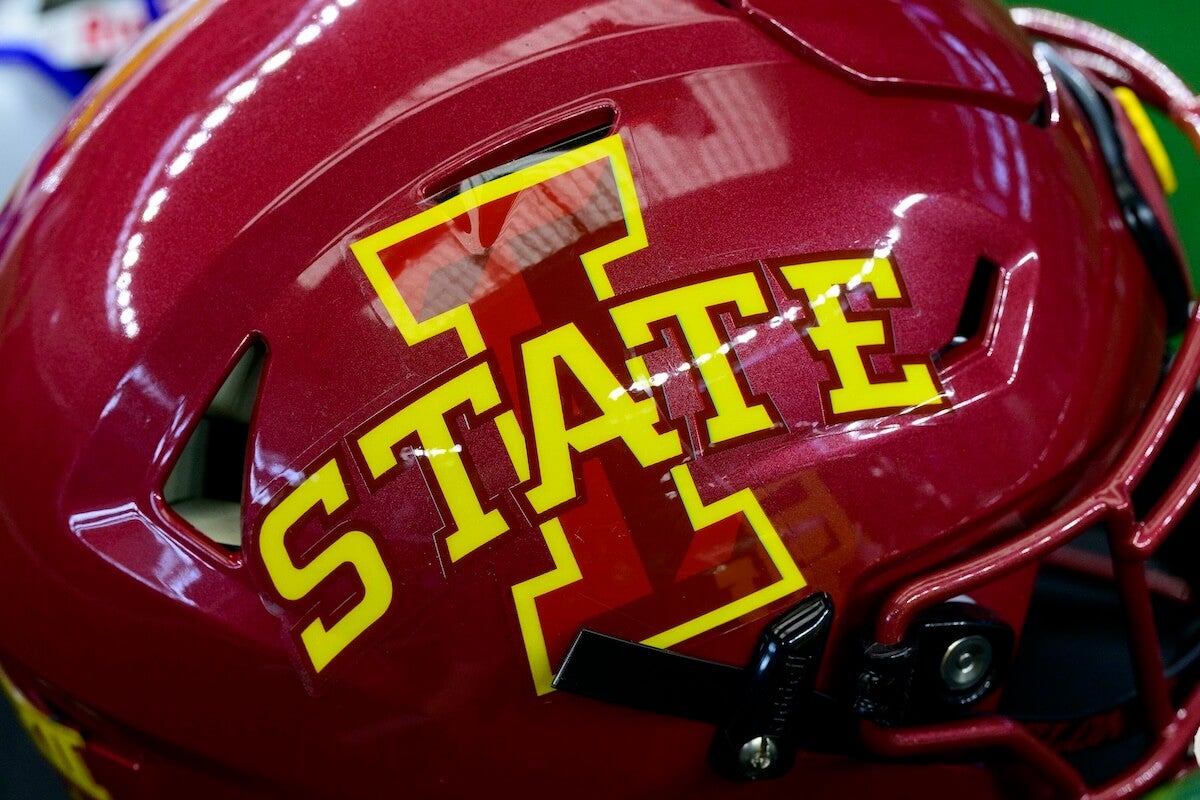Betting Scandal Rocks Iowa State: Defensive Coordinator's Son Caught in NCAA Wagering Crackdown

In a surprising turn of events, four former Iowa State University employees were found to have placed bets on both the men's and women's basketball teams' games. These individuals, who are no longer affiliated with the university, have raised questions about potential insider betting practices within the athletic department. The revelation highlights the complex intersection of sports, employment, and gambling ethics in collegiate athletics.
